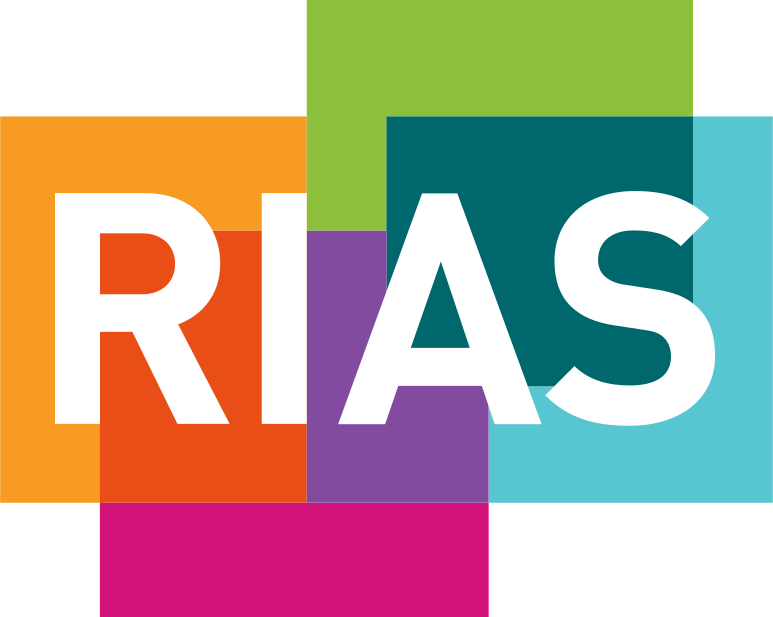Car finance explained
Whether you’re looking to buy your first car or get an upgrade, you may be considering car finance if you don’t have enough cash to buy a car outright. In this guide, we’ll discuss the pros and cons of the different types of car finance available, so you can find the right deal for you.
Hire purchase
Hire purchase (HP) is a secured loan. If you don’t make your regular payments to pay off the value of your car, your finance company may take it away to repay the debt.
You usually have to pay a deposit of up to 10%. Once you have made all of your monthly payments you own the car.
With HP, you’ll usually be offered an interest rate between 4% and 8%.[1] If you have a large deposit, you may be able to get a 0% deal. You’ll usually have to pay an ‘option to purchase’ fee of £100 - £200 at the end of your term, to cover the costs associated with transferring the car’s ownership to you.
Pros
You usually only need a small deposit and terms are available from 1 – 5 years.
It can be a good option if you’re unable to get a good rate on a personal loan. You might get a deposit contribution from the car’s manufacturer.
Once you have paid at least half the car, you do have the option of terminating the contract and giving the car back, thanks to a clause in the Consumer Credit Act.[2]
Cons
You usually won’t be able to sell the car until you’ve made your last payment. If you speak to your finance company, they may let you, but you will have to pay the settlement in full.
You will be paying more than you would if you’d opted for a Personal Contract Purchase (PCP).
Personal loan
An unsecured personal loan isn’t secured against the vehicle, so, if you fall behind on your payments, you won’t necessarily lose your car. You are in control, so you could decide to sell the car whenever you’d like. A personal loan is considered to be a less risky option than HP.
Pros
You don’t need to pay a deposit.
Cons
Unless you have a good credit rating[3], you may struggle to get a loan with a good interest rate.
You must only borrow what you can afford to pay back or it could affect your finances long-term.
Personal contract purchase
Personal contract purchase, or PCP, as it’s also known, is similar to hire purchase in that you have to pay a deposit and have to make monthly payments. However, your payments aren’t paying off the value of your car. Instead, they’re coving the car’s depreciation[4].
PCP is usually only available if the car you’ve chosen is four years old or less. Your last monthly payment is known as a balloon payment, as it’s much larger than the rest, and pays off the car, so you can become its owner. If you decide you don’t want to own the car outright, you usually have the option to take another PCP on a different car.
Pros
Your monthly payments will usually be lower than if you opted for hire purchase. At the end of your finance term, you can swap the car for a different model, if you don’t want to pay your balloon payment.
Cons
If you do want to own the car, you’ll need to make sure you have enough money saved up to make the balloon payment.
If you exceed the mileage restrictions set at the beginning of your finance agreement, you may need to pay extra.
Credit card
You may be able to buy the car you want using a credit card, but some dealers will have limits in place, so they won’t allow you to pay for the car in full using one. However, if you are able to pay for the whole car on a credit card, you must be very careful.
0% deals can be very attractive, but you must be able to pay off the credit card or transfer the debt to a balance transfer card before the interest rate spikes. Otherwise, you could find your debt increases drastically. You could end up paying more than you would with another form of credit, and it could take a longer time to pay off, unless you have a clear plan in place and stick to it.
Pros
You will own the car straight away. It will be down to you to set your monthly payment amount, but it must be at least the card’s minimum payment amount. It’s advisable that you pay a decent amount off each month so that you’ll be able to pay the whole debt off in a reasonable time frame.
If you use a credit card to pay for your vehicle, you will be covered by the Consumer Credit Act.
Cons
To have access to 0% deals and other low-interest deals, you will need to have a good credit history. If you don’t, you might be better opting for another form of car finance.
Which is the best option?
Ultimately, you will have to decide which type of car finance is best for you. Shop around and consider all the opinions. Before purchasing any car, you need to be confident that you’d be able to pay to run it, too, so consider getting some car insurance quotes. It could also be worth looking at ways you could boost your credit history so that you’ll have access to better deals than you would otherwise.
Click here to get a quote for Rias car insurance >

